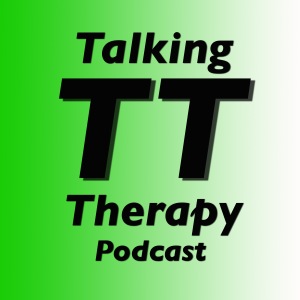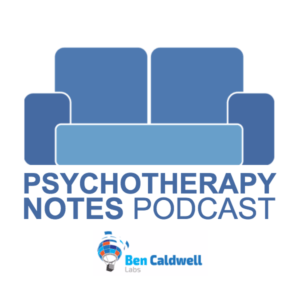 Regular readers here know that when it comes to clinical exams for mental health licensure, I’m not a fan. A recent article of mine, published in the peer-reviewed Journal of Mental Health and Clinical Psychology, tackles a key component of the legal underpinning for these exams. As I explain, despite the claims of exam developers, clinical exams in mental health care do not appear to meet basic testing industry standards.
Regular readers here know that when it comes to clinical exams for mental health licensure, I’m not a fan. A recent article of mine, published in the peer-reviewed Journal of Mental Health and Clinical Psychology, tackles a key component of the legal underpinning for these exams. As I explain, despite the claims of exam developers, clinical exams in mental health care do not appear to meet basic testing industry standards.
Research
Is therapy more effective when people pay a fee for it?

The idea that clients should pay at least a small fee for therapy in order for therapy to be effective has been around for a long time. But it doesn’t hold up as well as you might think.
This is one of those things that I learned in grad school and simply accepted as truth for a long time. And then I was startled when I actually looked into it. Not only does forcing clients to pay even a small amount for therapy not help outcomes, some evidence suggests it makes outcomes worse.
The importance of therapist data
 I get really passionate when talking about data and using data to direct clinical decisions. Although I’m aware that I am often alone in that passion, it’s worth acknowledging that we all use data to direct all of our decisions. We’re not just guessing in the dark. We may not always directly attend to the data available to us, but I have yet to meet anyone who makes a decision without using some form of information to guide them.
I get really passionate when talking about data and using data to direct clinical decisions. Although I’m aware that I am often alone in that passion, it’s worth acknowledging that we all use data to direct all of our decisions. We’re not just guessing in the dark. We may not always directly attend to the data available to us, but I have yet to meet anyone who makes a decision without using some form of information to guide them.
Previously, I wrote about the importance of using assessments to collect data on clients, both for the purpose of diagnosis and evaluating progress. I continue to promote the value of those assessments and want to take one more opportunity to encourage you to use them in your own practice if you are not doing so already. That client data can be tremendously helpful in a variety of ways. This post, however, is meant to discuss a different category of data. One that I would argue is equally important: Therapist data.
I’ve got beef with the Talking Therapy podcast guys
 A couple of years ago, I appeared on an episode of the Talking Therapy podcast. I love the show. RJ Thomas and John Webber are good guys and good hosts, and I’ve thought that since before they invited me on. Their show is rightly popular. They’ve even featured one of the world’s most prominent therapists: Dr. Susan Johnson.
A couple of years ago, I appeared on an episode of the Talking Therapy podcast. I love the show. RJ Thomas and John Webber are good guys and good hosts, and I’ve thought that since before they invited me on. Their show is rightly popular. They’ve even featured one of the world’s most prominent therapists: Dr. Susan Johnson.
Johnson developed Emotionally Focused Therapy, which I use in my own practice with distressed couples. As you can imagine, a lot of her interview focused on couples and couple therapy. Almost as an aside, early in the interview, Webber noted that half of US marriages end in divorce. That’s flat wrong.
So I went back on the show to yell at him about it.
Podcast episode 9: Measurement with Casey Meinster
 Casey Meinster is the Director of Evidence Based Practices at Hathaway-Sycamores Child and Family Services, a major mental health services provider in Los Angeles. In that role, she wrangles a lot of information. But one piece of information I learned from her changed how I think about the importance of measurement in psychotherapy.
Casey Meinster is the Director of Evidence Based Practices at Hathaway-Sycamores Child and Family Services, a major mental health services provider in Los Angeles. In that role, she wrangles a lot of information. But one piece of information I learned from her changed how I think about the importance of measurement in psychotherapy.
Hathway-Sycamores serves thousands of clients a year through more than a dozen programs. They fund those programs through a variety of sources, including government contracts, grants, and other sources. And it is now the case that every single program they run now has to produce outcome data on its clients. Their payors demand it.
